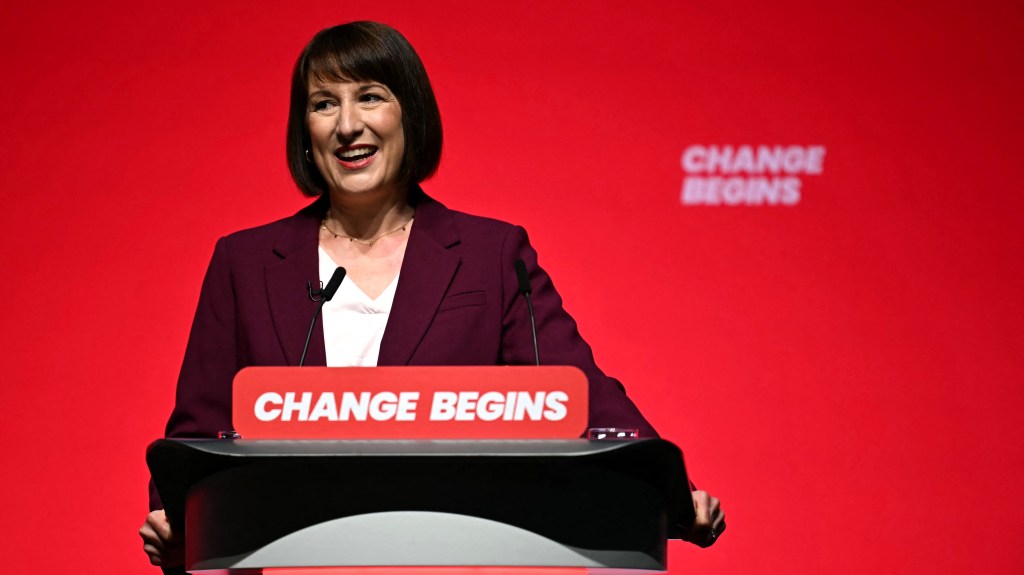Retailers Face Legal Pressure from Equal Pay Lawsuits
Major retailers in the UK are encountering significant financial risks, as they grapple with multiple lawsuits concerning equal pay, supported by controversial litigation funding.
The latest developments began last month with an ongoing legal battle involving Asda, where tens of thousands of employees are suing the supermarket chain. The suit contends that shop floor staff, primarily women, receive lower wages compared to warehouse personnel, who are predominantly male, thus violating equal pay legislation.
This hearing is occurring shortly after a favorable decision for Next employees, where an employment tribunal concluded that Next could not justifiably explain the wage disparity between its male warehouse workers and female shop floor workers, pointing towards potential sex discrimination. Next plans to appeal the ruling.
The law firm Leigh Day has represented the Next claimants, noting that their case was likely financed by Harbour Litigation Funding. Compensation for Next employees involved in the lawsuit could reach up to £30 million.
Similar equal pay claims are also underway against Morrisons, Tesco, Sainsbury’s, and the Co-op.
Leigh Day has indicated that all supermarket lawsuits are based on a damages agreement, with participation from over 100,000 employees in the retail sector. Harbour is also believed to be supporting claims against Sainsbury’s, Morrisons, and Tesco.
David Williams, an employment partner at the law firm Fox Williams, noted that the retail sector is under considerable strain, mentioning, “There’s a significant amount of liability involved, given the large workforce in this sector and a historical lack of attention to equal pay issues.”
He added, “The potential liabilities for employers could be vast. This situation serves as a wake-up call for many to address these issues seriously. Numerous businesses are currently conducting thorough audits to investigate wage discrepancies.””

Therium Capital Management is providing litigation funding for the claim against Tesco. Should the claims succeed, the funding firm, along with involved law firms such as Leigh Day and Harcus Parker, could receive substantial portions of damages amounting to millions, if not billions.
Established in 2008, Therium manages multiple litigation funds that back claims collectively valued at $36 billion. The firm is also known for funding landmark legal actions against the Post Office and supporting Noel Edmonds in his dispute with Lloyds Bank regarding his treatment by their HBOS division.
Litigation funders generally raise capital to support legal actions from sources such as hedge funds and sovereign wealth funds, assembling the funds into a partnership structure that finances various claims. The significant profits taken from successful litigations reportedly enable these funds to support more high-risk cases.
However, the funding model, which allows lawyers to pursue claims on a no-win, no-fee basis, has been met with criticism. A recent report from the Adam Smith Institute highlighted concerns that the rapid growth of class action lawsuits and third-party litigation funding exposes many businesses to potential claims worth billions.
The practice of third-party litigation is contentious, with some legal professionals arguing it contradicts the traditional legal principles of champerty and maintenance, which historically limited funding of court actions to those directly involved in disputes.
In England and Wales, two no-win, no-fee arrangements exist: the older conditional fees, which permit lawyers to charge an increased fee of up to 100% in successful cases, and the newer damages-based agreements that allow lawyers and their funders to claim up to 50% of the damages awarded.
For the past decade, the US Chamber of Commerce has been actively opposing the expansion of class action litigation capabilities in the UK and Europe.
Additional reporting by James Hurley and Isabella Fish.




Post Comment